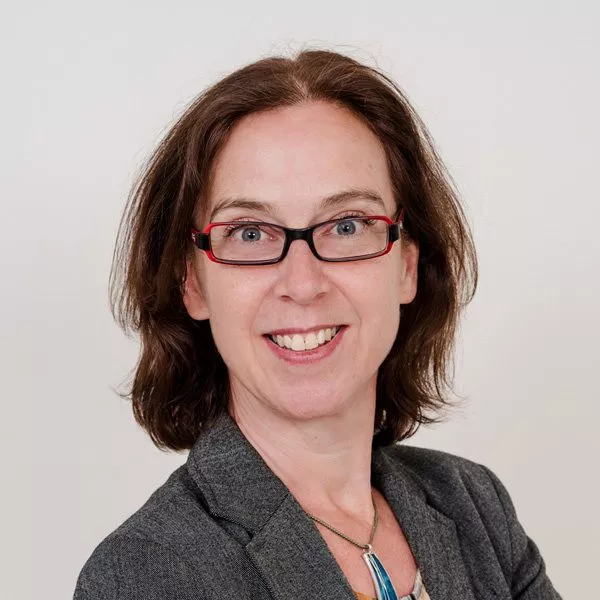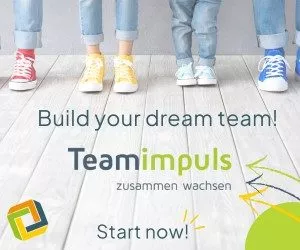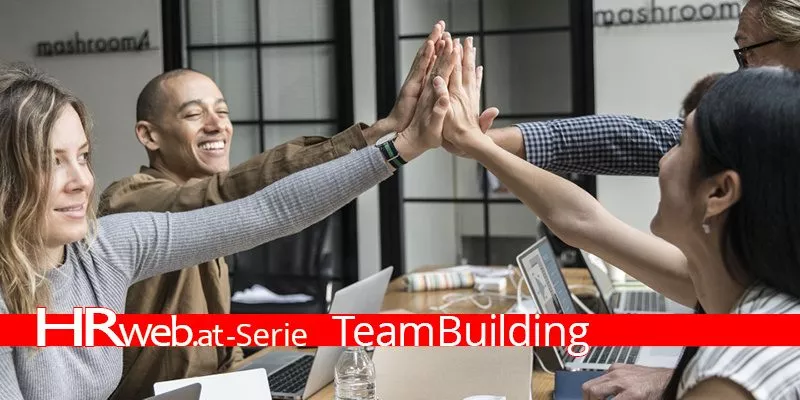Wie können Unternehmen mit einer Skill-basierten Strategie die Zukunft ihrer Belegschaft gestalten? Insights von Workday und Rolls Royce zeigen den Weg.
Im Zuge der Workday Rising EMEA in Amsterdam (10-12dez2024) diskutierten einige HR-Verantwortliche das Thema Skill-based Strategy vor der versammelten Journalisten-Runde. Dabei stachen für mich Ashley Goldsmith (Chief People Officer, Workday) und Sharon Etheridge (Head of People Services Strategy and Transformation, Rolls Royce) heraus. Ihre Erfahrungen möchte ich hier – in gekürzter Form – widergeben.
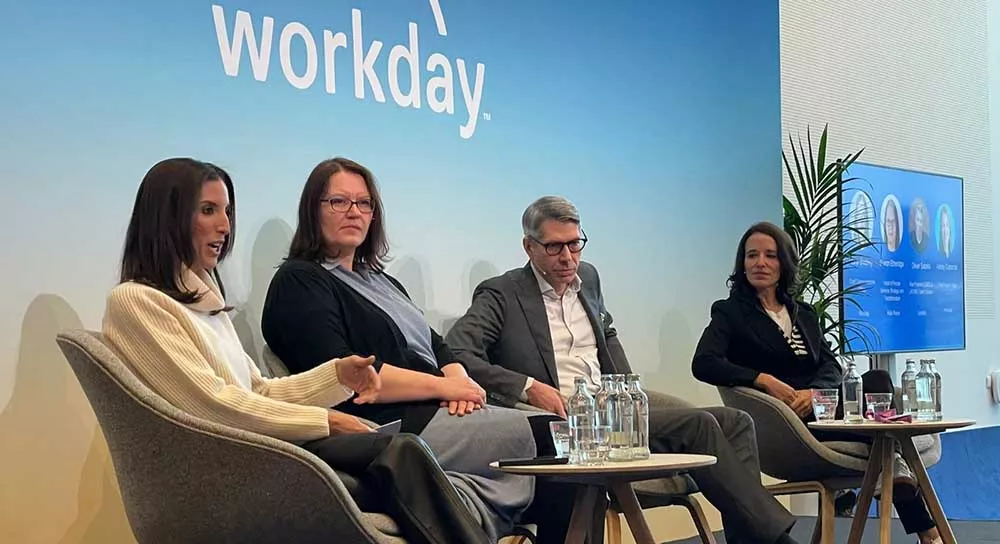
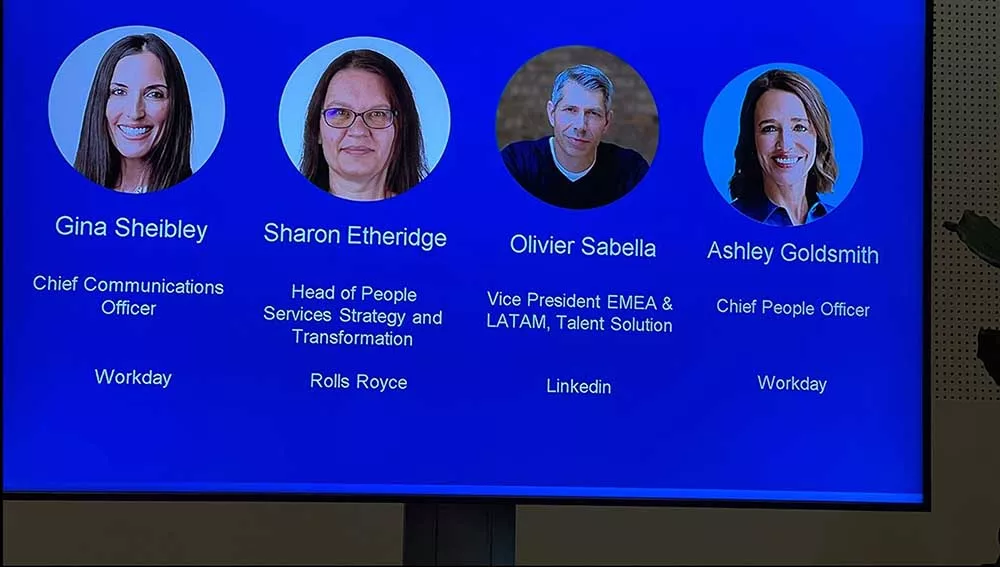
Workday
Ashley Goldsmith (Chief People Officer, Workday)
It’s a philosophy
A skills-bases philosophy is a different way of thinking concerning hiring, job paths, development, managing talent, etc. It is less about what degree someone has or what company they came from or what job title they used to be in. And really focusing on what are the skills and abilities that that person brings and how do they match the work that needs to be done and the skills and abilities of your workforce and bring those together to deliver outcomes for the business.
It is great for companies and for employers because you get the benefit of a much wider range of talent. Your talent pool and opportunity to find people is much larger if you don’t have to limit yourself to only people who came from a specific school or a specific company or a specific job title.
Employees can easily add to their skillset. They can add new skills like arrows to a quiver. They don’t have to always think about going back and getting a degree or an advanced degree.
Our Steps
When we first started out, we were thinking in baby steps, we started as an HR initiative, just something we were pushing a bit along, and quickly realized that this is actually a big transformation, and this is the type of thing that we either get the senior most people in the company really excited about, or we’re probably really never going to get where we’re going. And so that senior level interest and commitment I think is critical and I would say sooner rather than later.
Second was you do need good data. I mean we’ve talked a lot about data but you really do need good data because if you think about the world of work, it is vast. All the industries, all the regions, all the things that we all do. To seal that down into something that’s actionable, is really important.
For us, we did three months of a pretty focused effort to go after what are the job critical skills, for each of the roles in the company and really understanding those. And after those three months, we had more than 85% of the jobs. So, we had the 10 to 12 key critical skills that those jobs needed. Then we were able to finish off the remaining jobs in just a short time after. That was really important to us, having that good data.
You have to think big, but do smart, start small. We also did a pilot. We found our sales organization. We had a leader who was really excited and saw the promise of what skills had to offer and was all in in letting us work to how do we identify the skills within that organization, let us do skills-based hiring, and see what that really looks like. We learned a lot. There was a lot of great success.
Rolls Royce
Sharon Etheridge (Head of People Services Strategy and Transformation, Rolls Royce)
The Beginning
At Rolls Royce, we had a post-pandemic depression and also talent-depression. We had to understand what we had concerning talent and we looked into what we need tomorrow concerning talent. There was a need in our engineering business. People there were much more grounded than the job title might suggest.
So our skills journey started with engineering, getting people to understand the benefit, but also in embracing a kind of a learning and a growth mindset and having opportunities that they weren’t previously available to them.
So we’ve used a lot of development gigs as we’re calling them and enabled people using the technology to match to gigs that would give them skills they don’t currently have, but actually working in teams who would benefit from the skills that they do have, only on a relatively part-time basis, so maybe 20% of the time for up to three months. So a real development gig, they get to network differently, get to express those skills differently and that then forms part of the endorsement. So, we really started just with that, with a relatively small group of people and built from there and the energy was what then took us to be able to roll that out more widely.
Our colleagues really need to know there’s something in it for them and see that benefit and actually people leaders need to see that benefit. And because there was that business and strategic challenge, we didn’t have to convince our engineering managers, you can imagine if you’ve got great talent, you don’t really want to lose them out of your team, but if they’re great talent, you will probably lose them anyway if you’re not helping them to learn and grow. So bringing that real enterprise accountability for talent to every people leader that it’s not just your team.
So we are really enabling people, leaders to look at it and on a much bigger scale. What that enabled us to do with our recent transformation is we’ve actually used skills to help us design the new organization and realize that a particular engineering technology and safety organization, the design would work because he understood the skills of our people.
So it is really gone bottom up and top down.
Our Learnings
We started our journey back in 2019 and so we’ve learned a lot of things along the way. And we got really started with Workday Skills Cloud. And this Skills Cloud is that vast array of skills in the world of work and distilling that into giving insights for the organization.
Piloting things is a good possibility to launch it. The problem is that we did not know what skills we had and which we needed. So we worked on both ends. As soon as we understood them, we had a domino-effect.
So it helps us understand what are the skills that our employees have, and identifying the gaps between what we have and skills that we need. So it’ll recommend to employees, you know, here’s a gig that might be good for the skills you have. Here’s a gig that might also help you learn some new skills, make learning suggestions, mentor suggestions, here’s some people who have skills in the organization, that you are seeking to learn more about. And it helps to make those matches.
So it is really a little bit of a crystal ball sort of to look in and see some of what exists in the organization. So that’s been really, really helpful for us on our journey.
Potential for Society
Ashley Goldsmith (Workday)
Also, the potential for society is huge because it gives people the opportunity to continue growing and it reduces the fact that poor people’s kids have poor education. This now gives the opportunity to continue growing also later on. And also after a career break for various reasons. That can really re-jumpstart their careers.
Sharon Etheridge (Rolls Royce)
I think this has been a democratizing of the career paths, because since then women and ethnic groups increase. Now careers are open to all, and this is a real game changer. It’s an amazing opportunity. Skills enable you to see more of the single person.
Fazit
Danke für die Einblicke, it sounds like quite a journey! Es klingt unglaublich umfassend, zeitintensiv und – nach getaner Arbeit – erfolgreich.
Case Studies | Skill-based HR-Strategy at Workday and Rolls Royce


